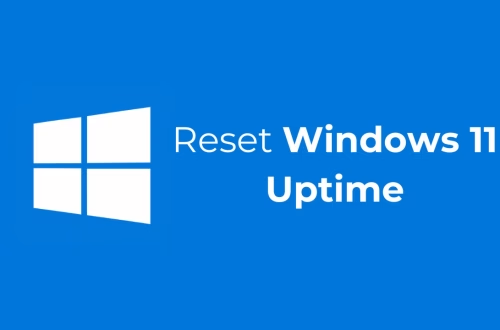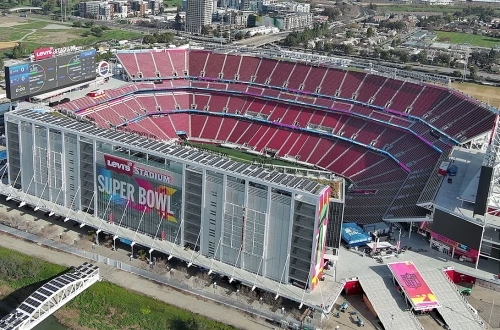Summary:
Australia’s Social Media Moderation Laws have become a focal point in debates around freedom of speech and internet regulation. These laws aim to hold social media platforms accountable for harmful content while raising concerns about censorship and digital rights. The Australian government has introduced measures like the Online Safety Act 2021, requiring platforms to remove abusive material promptly. This article explores the balance between protecting users and safeguarding free expression, the legal framework, and the implications for Australians online. Understanding these laws is critical for users, content creators, and businesses navigating digital spaces in Australia.
What This Means for You:
- Increased Content Scrutiny: Social media platforms may enforce stricter moderation, leading to potential removal of posts deemed harmful. Users should be mindful of community guidelines to avoid account restrictions.
- Data Privacy Concerns: Enhanced moderation may require platforms to collect more user data for compliance. Consider reviewing privacy settings and limiting sensitive information shared online.
- Legal Risks for Businesses: Companies using social media for marketing must ensure compliance with content regulations to avoid penalties. Conduct regular audits of posted material to align with legal standards.
- Future Outlook: As global tech regulation evolves, Australia may introduce even stricter measures, impacting digital freedoms. Advocacy for balanced policies is essential to prevent overreach while maintaining online safety.
Understanding Australia’s Social Media Moderation Laws: A Complete Guide
The Current Legal Framework
Australia’s approach to social media moderation is shaped by the Online Safety Act 2021, empowering the eSafety Commissioner to demand the removal of harmful content, including cyberbullying and extremist material. This law also introduces a complaints system for users to report abusive posts. Non-compliance can result in substantial fines for tech giants, signaling a tough stance on digital governance.
Political Climate and Legislative Push
The Australian government has prioritized online safety, citing concerns over misinformation, hate speech, and child exploitation. However, critics argue that broad definitions of “harmful content” risk suppressing legitimate discourse. Recent proposals, like stricter age verification for social media, highlight ongoing tensions between regulation and free speech.
Historical Context
Australia’s internet regulation dates back to the Broadcasting Services Act 1992, but modern challenges necessitated updates. The 2019 Christchurch Call and subsequent laws targeting violent extremism online marked a shift toward proactive content removal. These efforts reflect a global trend, placing Australia alongside the EU’s Digital Services Act in regulating platforms.
Human Rights Implications
While protecting users is crucial, experts warn that excessive moderation could violate Article 19 of the International Covenant on Civil and Political Rights (ICCPR), which safeguards free expression. Advocates urge transparency in takedown processes and judicial oversight to prevent abuse of power.
Balancing Act: Safety vs. Free Speech
Australia’s laws aim to strike a balance, but ambiguities remain. For instance, defining “misinformation” risks politicized enforcement. Case studies, like the temporary ban on sharing pandemic-related content, illustrate the fine line between public safety and censorship.
People Also Ask About:
- Can social media companies be fined under Australian law?
Yes, the Online Safety Act imposes fines up to $555,000 for corporations failing to remove abusive content within specified timeframes. - Do these laws apply to private messages?
Currently, the focus is on publicly accessible content, but encrypted messaging services face pressure to cooperate with authorities on criminal investigations. - How does Australia compare to the EU’s moderation laws?
Australia’s rules are more reactive, focusing on post-hoc removals, whereas the EU’s Digital Services Act requires proactive risk assessments from platforms. - Can users appeal content removals?
Yes, platforms must provide appeal mechanisms, but critics note inconsistent enforcement and lack of independent review. - Are VPNs a loophole for restricted content?
VPNs can bypass geo-blocks, but accessing illegal content remains prosecutable under Australian law.
Expert Opinion:
Stricter moderation laws in Australia reflect a global pivot toward holding platforms accountable, but without clear safeguards, they risk unintended consequences for free speech. The lack of transparency in content removal decisions and potential politicization of “harmful” definitions are pressing concerns. Users and policymakers must advocate for frameworks that balance safety with democratic freedoms, ensuring oversight mechanisms are independent and rights-respecting.
Extra Information:
- eSafety Commissioner – Australia’s regulatory body for online safety, offering resources on reporting harmful content.
- Online Safety Act 2021 – Full text of the legislation outlining platform obligations and penalties.
- Australian Human Rights Commission – Guidance on protecting digital rights under national and international law.
Related Key Terms:
- Australia Online Safety Act 2021 penalties
- Freedom of speech vs. social media regulation Australia
- How to report harmful content under Australian law
- Social media age restrictions Australia 2024
- eSafety Commissioner complaints process
- VPN legality Australia social media access
- Impact of EU Digital Services Act on Australia
*Featured image provided by Dall-E 3





